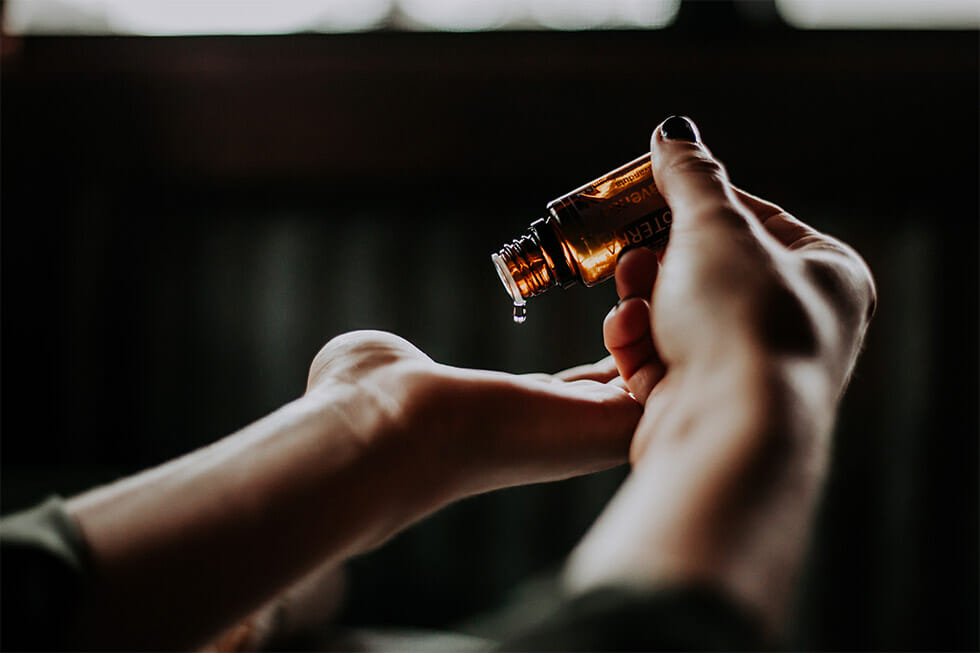
7 Toxic Essential Oils for Cats – What’s the Most Dangerous?
Essential oils have become popular in various fields such as aromatherapy, cleaning products, food and drink flavorings, perfumes, personal and care products.
They may have many benefits to us, such as stress relief, digestive aids, energizers, and after all, most are sweet-scented.
However, natural compounds in these products pose a risk to cats. Whether inhaled, applied to the skin, or taken internally, essential oils are toxic for cats.
Chemicals contained in essential oils are rapidly absorbed orally or through the skin. These chemicals are metabolized through the liver. Cats lack some of the liver enzymes needed to metabolize these enzymes.
They can cause respiratory irritation, which results in a burning sensation in the cat’s nose, throat, coughing, and difficulty in breathing.
Additionally, cats with liver impairment, underlying health conditions such as asthma, and kittens are at a higher risk of poisoning. This week, Pet Insurance Australia is exploring the critical cat lover topic of…
7 Toxic Essential Oils for Cats
1. Cinnamon
Cats do not have liver enzymes, which are in charge of breaking down cinnamon compounds. Cat’s skin quickly absorbs cinnamon compounds applied in essential oils. If your cat is exposed to even lower concentrations over a long time, it will be high for cinnamon toxicity.
Cinnamon irritates cats’ skin and oral cavities causing rashes and allergic reactions in cats.
2. Peppermint
Peppermint is used to treat irritable bowels, upset stomach, and nausea. Although a natural pesticide, especially to kill fleas, peppermint is unsafe for cats. Cats do despise the smell and can cause breathing problems and increase heart rate to your fur baby.
3. Citrus Oil
Citrus oils can transform the smell of our homes and are prevalent in aromatherapy. The most popular citrus oils are from orange, lemon, and grapefruit products. Sounds familiar, right? Cats hate citrus fruits.
Cats exposed to citrus exhibit symptoms such as vomiting, diarrhea, and weakness. If their skin comes into contact with citrus, they may develop dermatitis. You can buy cat food for constipation, but try your best to keep them away from citrus fruits.
4. Lavender
Essential lavender oil is used in aromatherapy and is believed to treat anxiety, fungal infections, nausea, and menstrual cramps. Lavender oil is used in most of our households.
However, lavender products are toxic to cats and can cause nausea and vomiting. From just licking a lavender plant, cats can become very sick.
5. Tea Tree Oil
Tea trees, in particular the essential oils, are hazardous to cats. Its scientifically backed benefits and availability and its affordable prices have made it popular in our lives. We use it to keep our skin, hair, and nails healthy.
The liver metabolizes the toxin in tree oil, causing mild to severe symptoms. Symptoms of toxicity will vary depending on the concentration consumed. Your cat may have symptoms of drooling and vomiting or severe ones like seizures and tremors.
6. Bergamot Oil
They extract Bergamot oil from the peels of citrus fruits, especially oranges, and it is a common choice in aromatherapy to uplift moods and alleviate stress.
Chemicals in bergamot absorb energy from the sunlight, which fuels a chemical reaction in cats’ skin, causing rashes and blisters.
7. Pine Oil
Pine essential oil comes from pine tree needles, which emit a powerful aroma. This aroma produces an uplifting scent found in air fresheners. People have also used the oil to remedy minor skin infections, acne, and burns.
Just like the pine tree, they cause liver damage and even death to our feline friends.
The above are just some toxic essential oils for cats. There aren’t any safe essential oils for cats. However, you could take precautions if you intend to use essential oils at home.
If you suspect your cat to have ingested any essential oils or exhibit any related symptoms, contact your vet or an emergency clinic.
Photo by Christin Hume
Get the latest Pet Insider Tips & News
We offer award-winning* pet insurance policies to protect your furry friend’s health and wellbeing. Get a quote today and give your pets the care they deserve.
Archives
Categories
- Cat Care (66)
- Cats (3)
- Dog Care (130)
- Guides (29)
- Health and Nutrition (203)
- Lifestyle and Activities (222)
- Media Release (40)
- Pet Care (256)
- Rescue Dogs (1)

